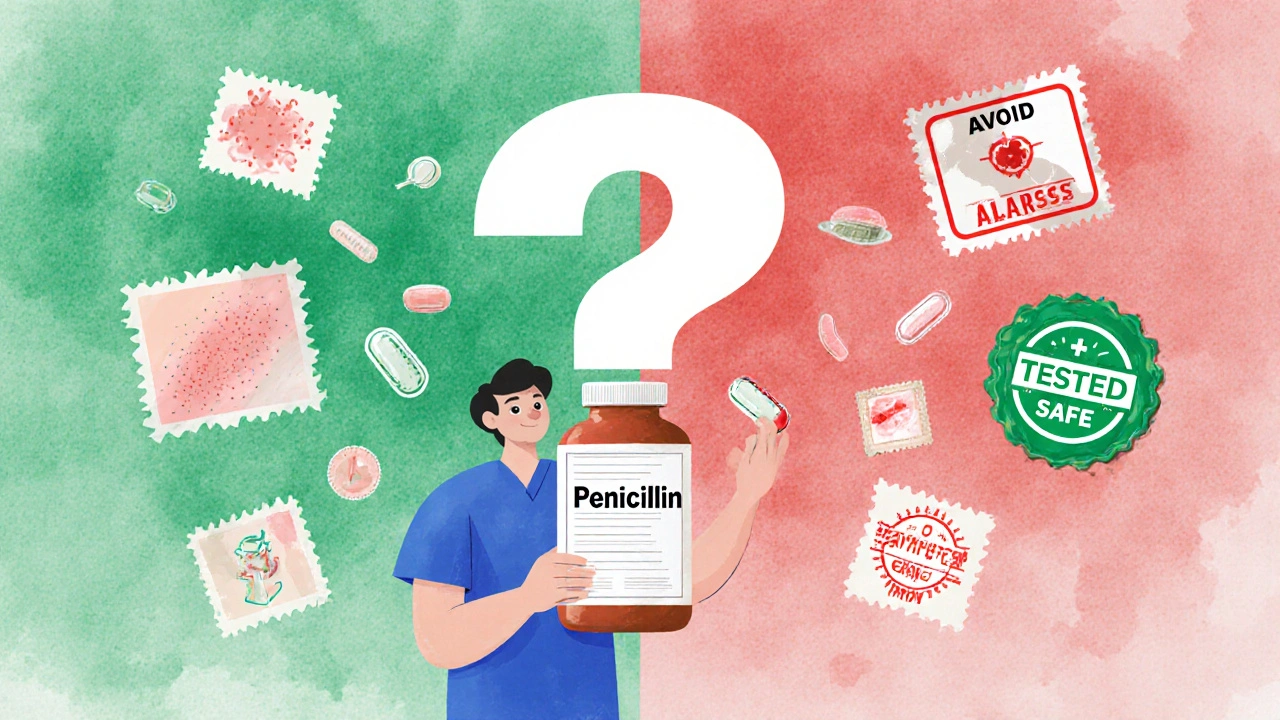Adverse Drug Reaction: What It Is, How It Happens, and What to Do
When you take a medicine, you expect it to help—not hurt. But sometimes, even the right drug at the right dose can cause harm. This is called an adverse drug reaction, an unintended and harmful response to a medication taken at normal doses. Also known as ADR, it’s not just a mild upset stomach—it can be a life-threatening event like liver failure, dangerous heart rhythms, or severe skin reactions. Unlike predictable side effects, which are listed in the pamphlet and often mild (like drowsiness from antihistamines), an adverse drug reaction is unpredictable, sometimes rare, and often not listed until after a drug hits the market.
These reactions don’t just happen because of the drug itself. They’re shaped by who you are. Your age, your other medications, your genetics, even your diet can turn a safe pill into a danger. For example, tricyclic antidepressants, a class of older depression drugs like amitriptyline can build up anticholinergic burden over time, increasing risks of memory loss and irregular heartbeat. Or take canagliflozin, a diabetes drug that works by flushing sugar out through urine—it’s great for blood sugar but can dry out your mouth, making gum disease and oral thrush more likely. These aren’t random accidents. They’re patterns we’re only starting to fully understand.
Some reactions are allergic—like a rash from penicillin. Others are dose-related, like bleeding from too much warfarin. Then there are the hidden ones: drug interactions. A common painkiller like etodolac, an NSAID used for arthritis and pain, might seem harmless until you’re also on blood pressure meds like telmisartan. Together, they can spike kidney stress. Even something as simple as herbal supplements can clash. Styplon, made from Indian gooseberry, might help with bleeding, but if you’re on blood thinners, it could tip you into danger. These aren’t edge cases. They’re everyday risks.
And it’s not just about the drug. Pregnancy changes how your body handles medicine. Topical creams with retinoids might seem safe on your face, but they can cross into the bloodstream and harm a developing baby. That’s why knowing your full drug list—even the over-the-counter ones—isn’t optional. It’s your best defense.
Below, you’ll find real-world guides that break down exactly how these reactions happen, which drugs carry the highest risks, and what you can do to spot trouble early. Whether you’re managing diabetes, depression, allergies, or just trying to avoid a bad reaction to a common painkiller, these posts give you the facts—not the fluff—so you can take control.
When to Avoid a Medication Family After a Severe Drug Reaction
Not every severe drug reaction means avoiding an entire medication family. Learn when cross-reactivity is real, when it’s not, and how to get tested to avoid unnecessary restrictions on your treatment options.
Read more
